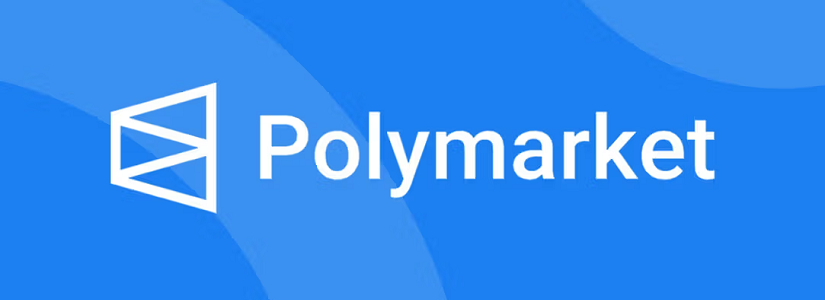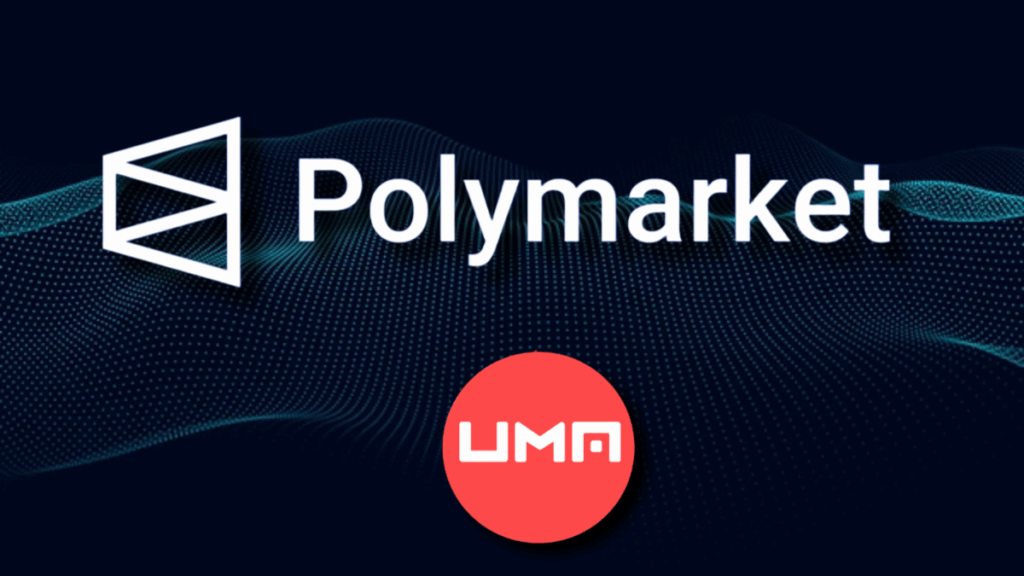TL;DR
- Polymarket, a cryptocurrency-based prediction market, has drawn criticism for relying on anonymous UMA token holders to resolve disputed bets.
- Users allege outcomes have been inconsistent and sometimes contradict objective evidence, raising serious concerns about transparency and fairness.
- Despite plans to return to the US market, the platform faces growing scrutiny as new methodologies are actively tested to prevent manipulation and protect traders’ long-term interests.
Polymarket, a global platform allowing traders to wager on real-world events from elections to celebrity activity, has gained attention across tech and finance circles. Yet the platform’s method of resolving contentious markets has sparked a growing backlash. Many outcomes are determined not by clear facts, but by a decentralized group of anonymous crypto token holders debating in online forums and discussion channels.
When disputes arise, Polymarket defers resolution to UMA token holders, who vote after discussing proposals publicly. The identities of voters are hidden, leading to skepticism over motivations and fairness. Controversial results, such as a $240 million wager on whether Ukraine’s President Zelenskiy wore a suit before the end of June, have fueled user frustration, with UMA holders deciding contrary to photographic evidence.
Dispute Resolution Challenges Raise Concerns Among Traders
Polymarket is collaborating with EigenLayer to develop a new methodology aimed at reducing the risk of manipulation. Experts warn that the current “tyranny of majority” allows a small group of active voters to potentially override objective reality. While Polymarket can issue clarifications, intervention is rare, leaving many traders exposed to unpredictable and unfair outcomes.
Traders continue to seek strategies to anticipate UMA decisions, often using multiple Discord servers to discuss proposals and potential voting patterns. A Panama-based legal complaint recently alleged that a handful of wealthy users have profited by influencing UMA votes, highlighting the need for stronger safeguards. Polymarket has responded cautiously, asserting that any legal or operational remedies are still under review.

Pro-Crypto View Emphasizes Market Innovation Despite Controversy
Despite criticism, prediction markets like Polymarket are expanding into mainstream finance. Correctly predicting the 2024 US presidential election and attracting high-profile investors, these platforms are demonstrating the immense potential of decentralized markets. Proponents argue that refining governance mechanisms could enhance trust while maintaining the flexibility and speed that traditional betting and financial markets often lack.
While rival platforms like Kalshi operate under stricter US regulatory oversight, Polymarket’s experience underscores both the promise and growing pains of blockchain-based prediction markets. Users and developers alike are navigating uncharted territory, balancing innovation, transparency, and fairness in an evolving crypto ecosystem.









